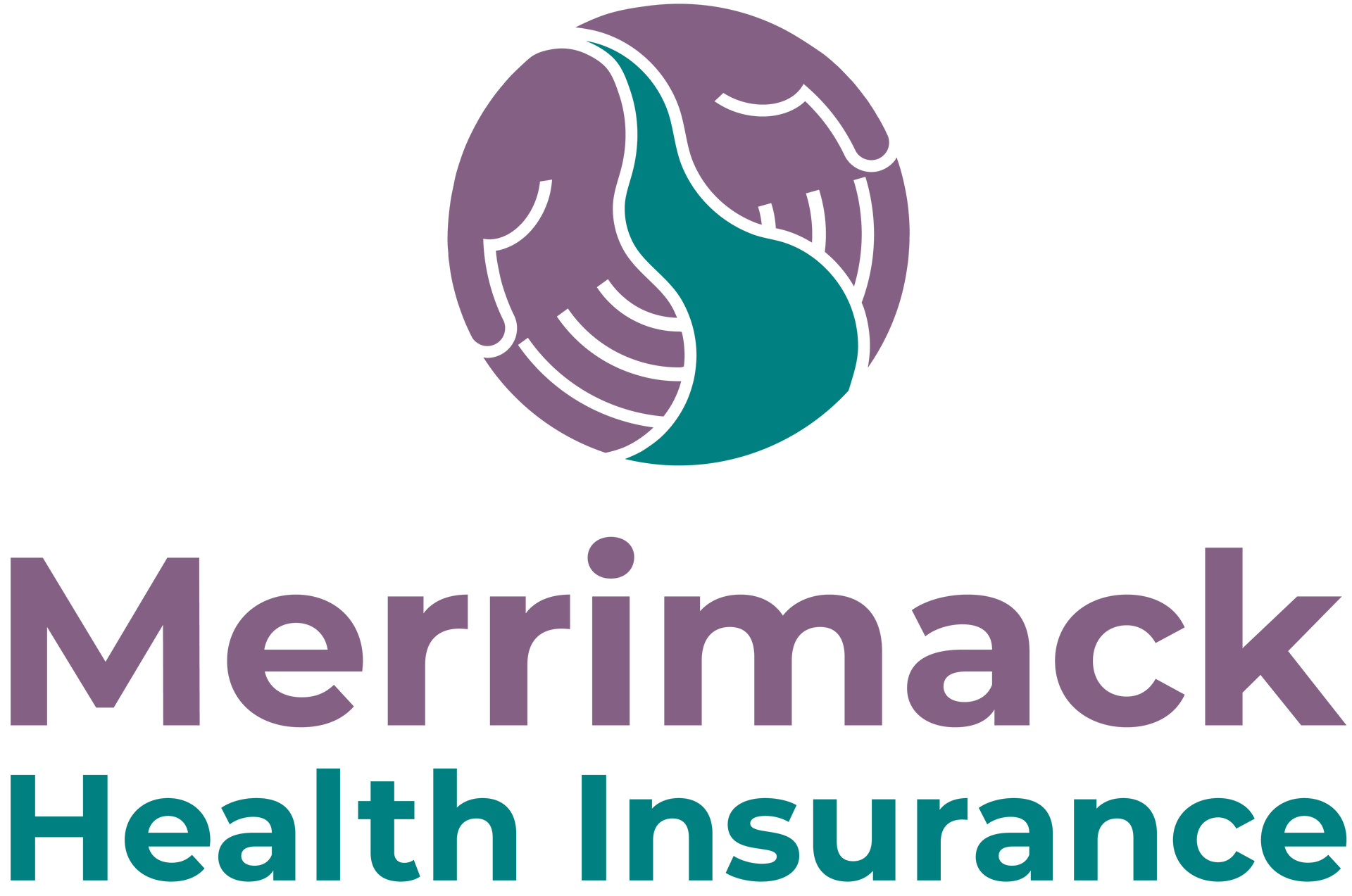Medicare FAQs
Medicare FAQs
Navigating the complexities of Medicare can be overwhelming, but understanding the basics can help you make informed decisions about your healthcare coverage. At Merrimack Health Insurance, we’ve compiled a list of frequently asked questions to provide you with the answers you need to confidently navigate Medicare. Whether you’re looking into Medicare Advantage, Prescription Drug Plans (Part D), or Medigap Supplemental Insurance, our FAQ section covers all the essential information.
General Medicare Information
What is Medicare?
Medicare is a federal health insurance program primarily for individuals aged 65 and older, as well as some younger individuals with disabilities or specific health conditions. It consists of different parts that cover various healthcare services, including hospital care, medical services, and prescription drugs.
Who is eligible for Medicare?
You are eligible for Medicare if you are 65 or older, under 65 with certain disabilities, or any age with End-Stage Renal Disease (ESRD).
What are the different parts of Medicare?
Medicare is divided into four parts:
- Part A: Hospital Insurance
- Part B: Medical Insurance
- Part C: Medicare Advantage (an alternative to Original Medicare that includes Parts A and B and often Part D)
- Part D: Prescription Drug Coverage
Medicare Advantage FAQs
What is the difference between Medicare Advantage and Original Medicare?
Medicare Advantage (Part C) is an alternative to Original Medicare. It includes all the benefits of Parts A and B, often includes Part D (prescription drug coverage), and may offer additional benefits like dental, vision, and hearing coverage. Medicare Advantage plans are offered by private insurance companies and may have different rules, costs, and coverage options compared to Original Medicare.
Can I see any doctor with Medicare Advantage?
It depends on the plan. Some Medicare Advantage plans, like HMOs, require you to use a network of doctors and hospitals. Others, like PPOs, offer more flexibility in choosing healthcare providers but may come with higher costs for out-of-network care.
Does Medicare Advantage cover prescription drugs?
Many Medicare Advantage plans include prescription drug coverage, but it’s important to check the specifics of each plan to ensure your medications are covered.
Medicare Part D FAQs
What is Medicare Part D?
Medicare Part D provides coverage for prescription drugs. It’s available as a standalone plan for those with Original Medicare or as part of a Medicare Advantage plan that includes drug coverage.
How do formularies work in Medicare Part D?
A formulary is a list of covered drugs under a Medicare Part D plan. Drugs are categorized into tiers, with each tier representing different cost levels. Lower-tier drugs are generally less expensive than higher-tier drugs.
Can I change my Medicare Part D plan?
Yes, you can change your Medicare Part D plan during the Annual Enrollment Period (AEP), which runs from October 15 to December 7 each year.
Medigap Medicare Supplemental Insurance FAQs
What is Medigap?
Medigap, or Medicare Supplemental Insurance, is a type of insurance that helps cover the out-of-pocket costs not covered by Original Medicare, such as copayments, coinsurance, and deductibles.
How do Medigap plans work with Medicare?
Medigap plans work alongside Original Medicare (Parts A and B) by covering costs that Medicare doesn’t. You pay a monthly premium for your Medigap policy, in addition to your Part B premium.
Are Medigap plans standardized?
Yes, Medigap plans are standardized by the federal government. Each plan type (e.g., Plan G, Plan N) offers the same benefits regardless of the insurance company offering it.
Medicare Enrollment and Eligibility FAQs
When can I enroll in Medicare?
You can enroll in Medicare during your Initial Enrollment Period (IEP), which starts three months before you turn 65 and ends three months after the month you turn 65. There are also Special Enrollment Periods (SEPs) for certain situations, and an Annual Enrollment Period (AEP) from October 15 to December 7 each year.
What documents do I need to enroll in Medicare?
To enroll in Medicare, you’ll need proof of age (such as a birth certificate), proof of U.S. citizenship or legal residency, and, if applicable, proof of current health insurance coverage.
Can I delay enrolling in Medicare?
Yes, you can delay enrolling in Medicare without penalty if you have other creditable health coverage, such as through an employer. However, if you don’t have creditable coverage and delay enrollment, you may face late enrollment penalties.
Ready to Get Started?
Have a question or need more information?
Use the contact form below to send us a message.
Contact Us
We will get back to you as soon as possible.
Please try again later.
Merrimack Health Insurance
Merrimack Health Insurance provides comprehensive coverage to protect you and your loved ones from life's unexpected events.
Main Links
Business Hours
- Mon - Fri
- -
- Saturday
- Appointment Only
- Sunday
- Closed
All Rights Reserved | Merrimack Health Insurance


